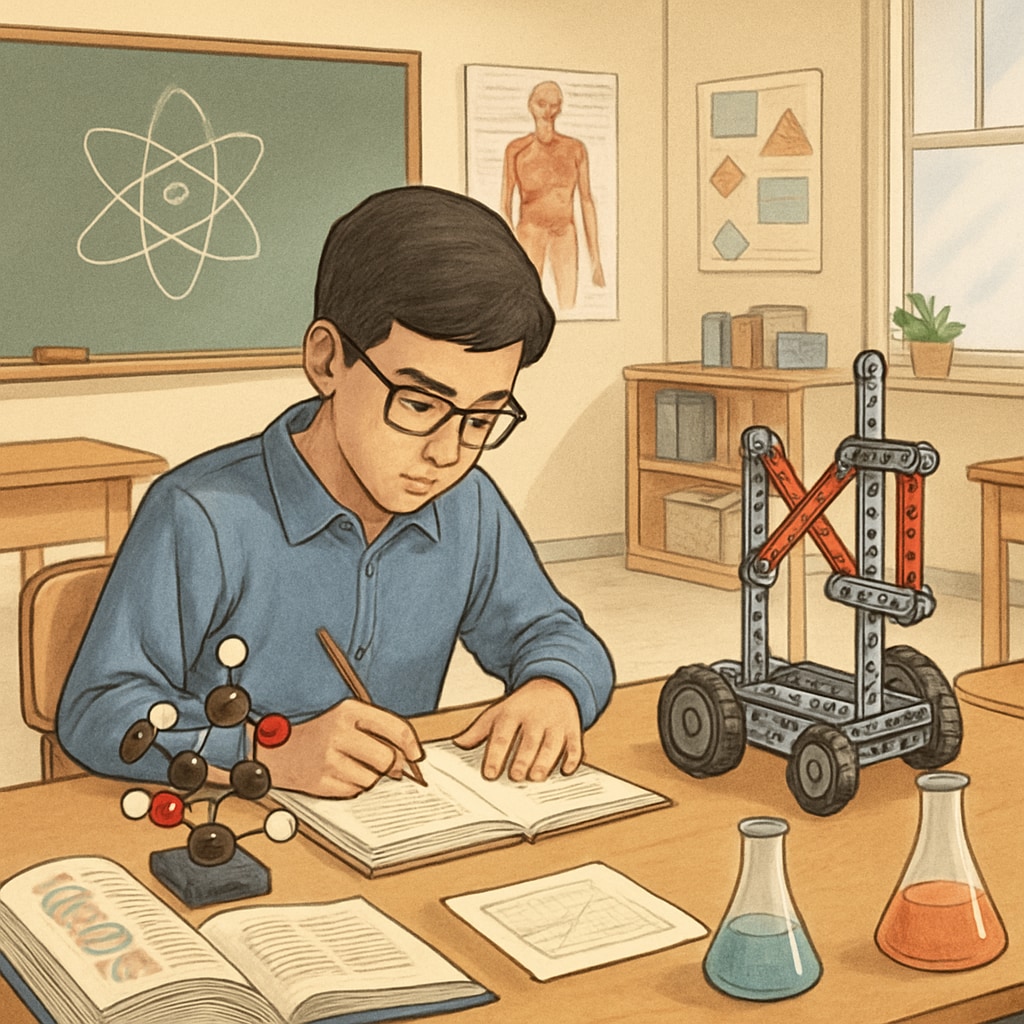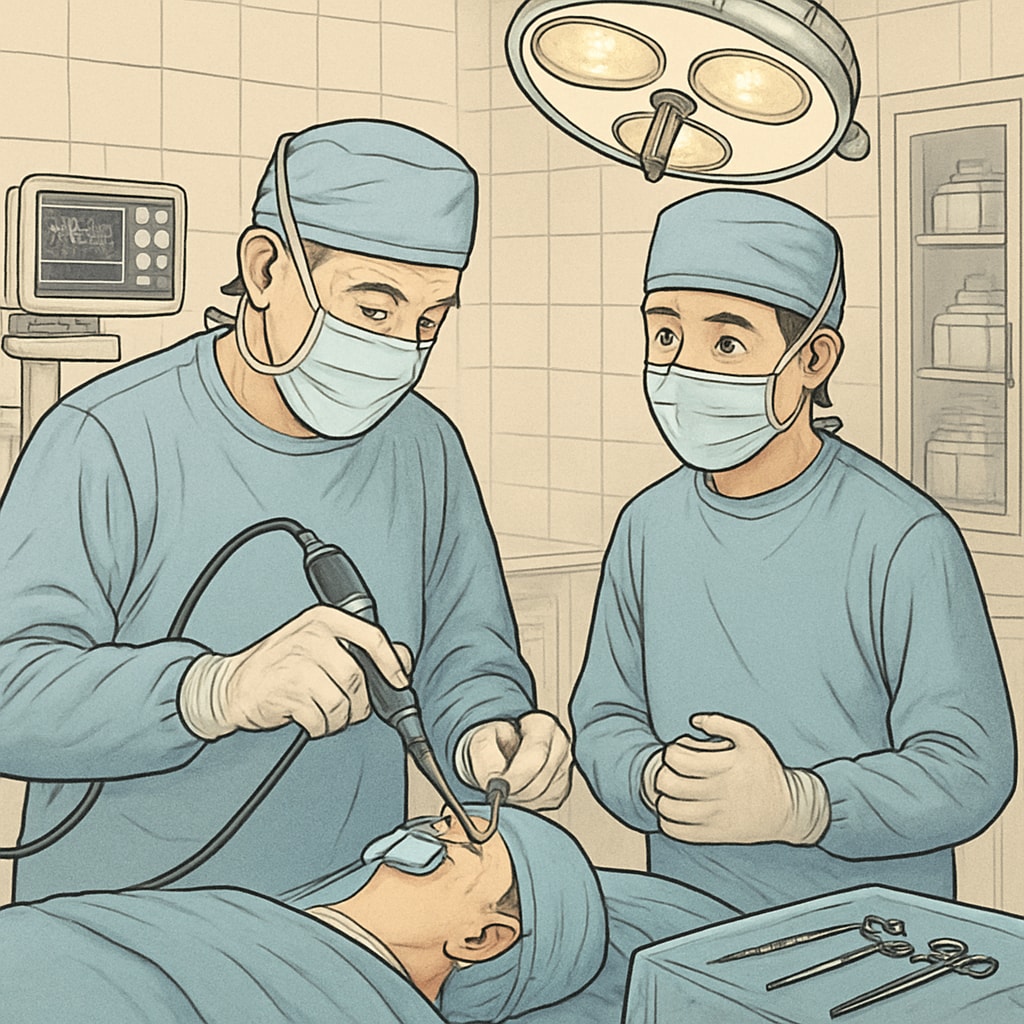Gifted students, especially those with aspirations to enter competitive fields like neurosurgery, require specialized resources to enhance their academic performance and ignite their intellectual curiosity. Despite their exceptional abilities, these students often face challenges such as lack of appropriate support, boredom in traditional classrooms, and difficulty balancing their academic ambitions with personal well-being. This article examines these barriers and provides actionable strategies to help gifted students thrive academically and prepare for ambitious careers like neurosurgery.
Understanding the Challenges Faced by Gifted Students
Gifted students often experience a range of obstacles that can hinder their academic and personal growth. For example, they may feel unchallenged by standard curricula, leading to disengagement or even underperformance. Additionally, some students might struggle with the pressure of high expectations, which can impact their mental health. Others face limited access to advanced learning resources that align with their career aspirations, such as neurosurgery, a highly complex and demanding field.
To address these issues, educators and parents must recognize the importance of creating an environment that nurtures both the intellectual and emotional needs of gifted students. Tailored interventions, enrichment programs, and mentorship opportunities can make a significant difference in their academic journey.

Strategies to Enhance Learning and Academic Performance
Supporting gifted students requires a multifaceted approach. Here are some practical strategies to help them excel:
- Provide Access to Advanced Coursework: Enroll students in Advanced Placement (AP) or International Baccalaureate (IB) programs, which offer rigorous academic challenges and prepare them for competitive college programs.
- Encourage Participation in STEM Competitions: Competitions such as the Intel Science Fair or Math Olympiad can help students develop problem-solving skills and gain exposure to real-world applications of their knowledge.
- Offer Hands-On Learning Opportunities: Programs like medical summer camps or neuroscience workshops can provide valuable experience and inspire students to pursue careers in fields like neurosurgery.
- Connect Students with Mentors: Pairing students with professionals in their chosen field, such as neurosurgeons, can offer guidance, inspiration, and invaluable insights into their career path.
By implementing these strategies, educators and parents can help gifted students build both the skills and confidence needed to achieve their long-term academic and professional goals.
Building a Support Network for Future Neurosurgeons
For students aiming to enter specialized fields like neurosurgery, access to a robust support network is crucial. This network should include educators, mentors, and peers who understand their aspirations and can provide meaningful assistance. Schools can play a vital role by creating programs specifically designed for gifted students, such as neuroscience clubs or partnerships with local universities for research internships.
Additionally, parents can support their children by fostering a growth mindset, emphasizing the importance of resilience, and ensuring a healthy balance between academic pursuits and personal well-being. Encouraging breaks, hobbies, and social interactions can help prevent burnout and maintain their enthusiasm for learning.

The Role of Technology in Supporting Gifted Students
Technology has revolutionized the way gifted students can access learning resources. Online platforms, such as Khan Academy or Coursera, provide advanced courses in subjects like neuroscience and biology, allowing students to explore their interests at their own pace. Additionally, virtual reality (VR) tools can simulate complex medical procedures, offering students an immersive learning experience that can spark interest in neurosurgery.
Moreover, educational apps and digital libraries enable students to dive deep into topics that may not be covered in their school curriculum. Using technology effectively can empower gifted students to take ownership of their learning journey and explore their passions more deeply.
Conclusion: Nurturing Excellence for a Bright Future
Gifted students have the potential to achieve remarkable success when provided with the right resources and support systems. By addressing the unique challenges they face, offering tailored educational opportunities, and fostering a strong support network, we can help these students realize their dreams—whether in neurosurgery or any other field. With the combined efforts of educators, parents, and mentors, the path to excellence becomes not only achievable but also enriching and rewarding.
As we continue to innovate in education, let us prioritize the needs of our brightest minds, ensuring they have the tools, encouragement, and experiences necessary to shape the future of fields like neurosurgery and beyond.
Readability guidance: This article uses short paragraphs and lists to enhance readability, incorporates transition words for smooth flow, and maintains a balance between academic depth and accessibility. It also avoids excessive use of passive voice and long sentences.


